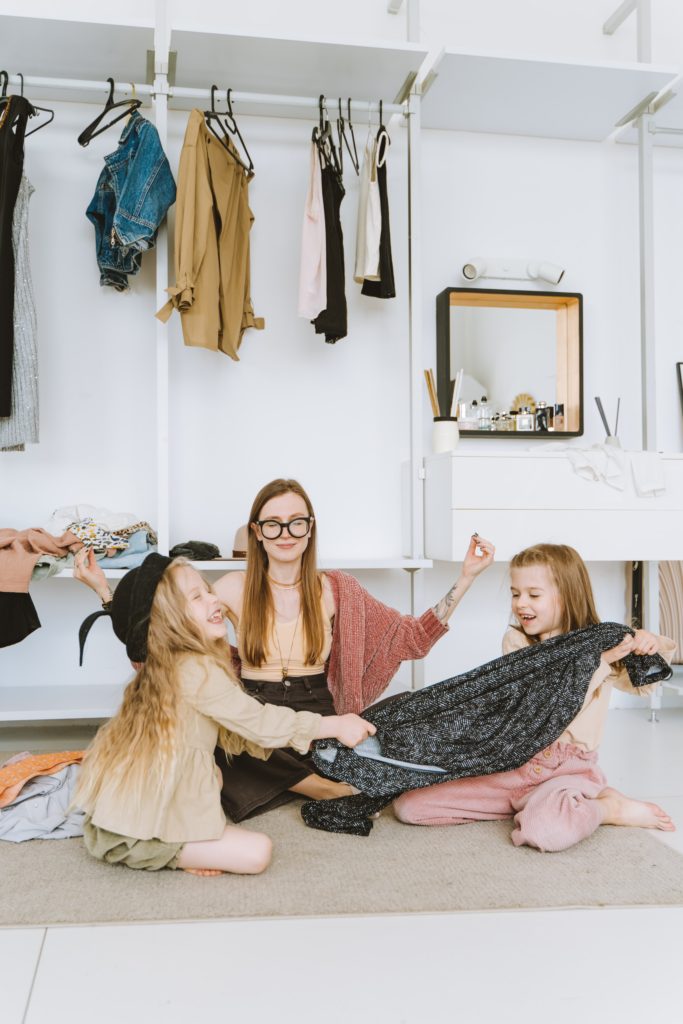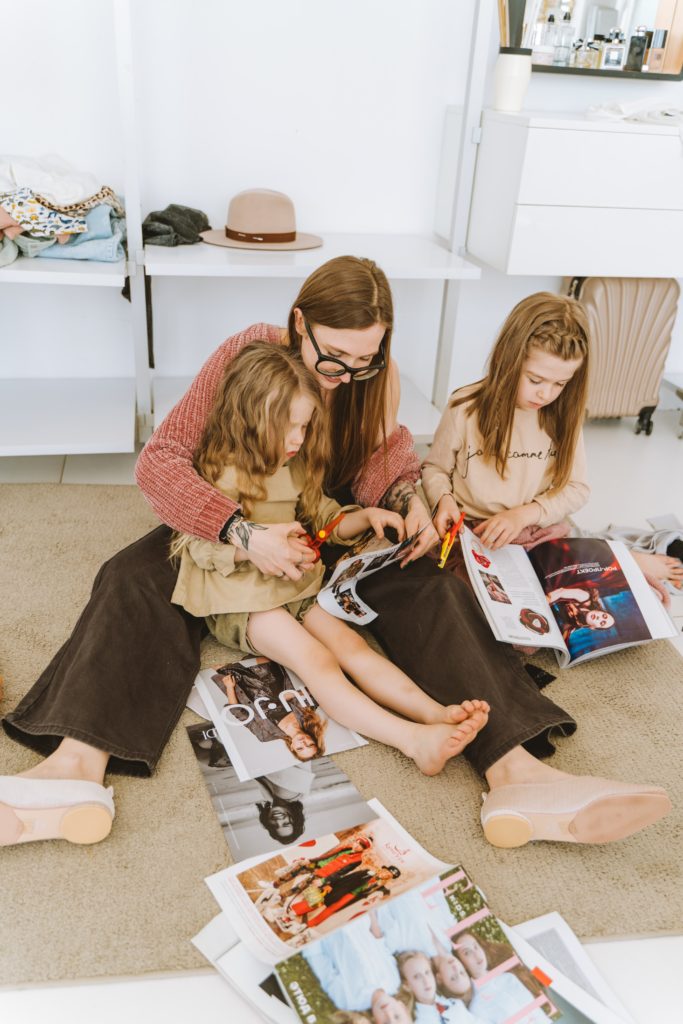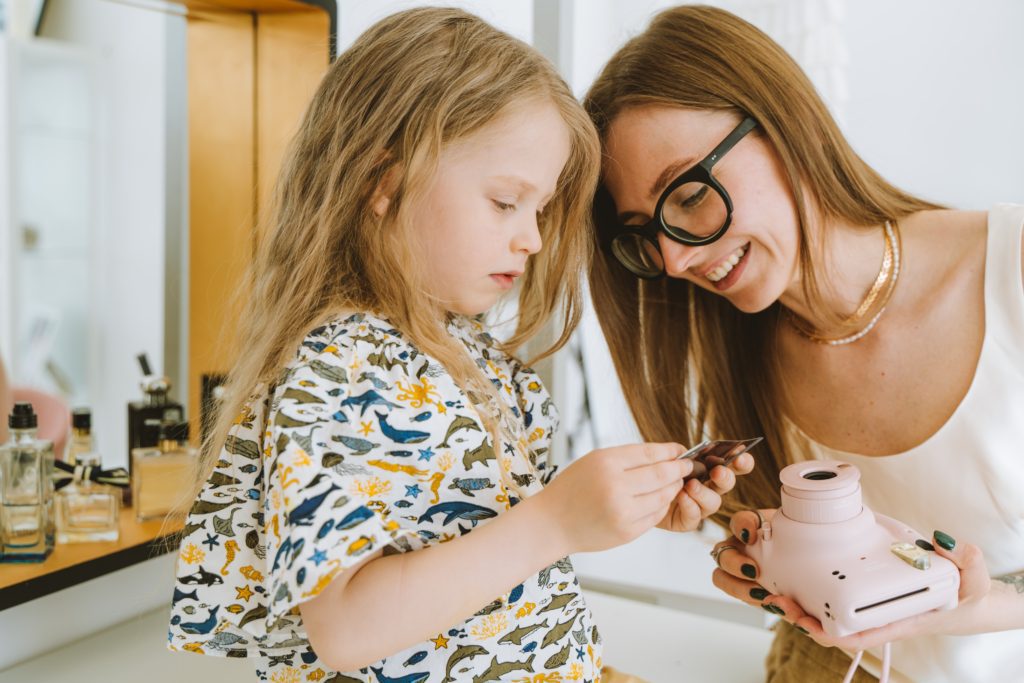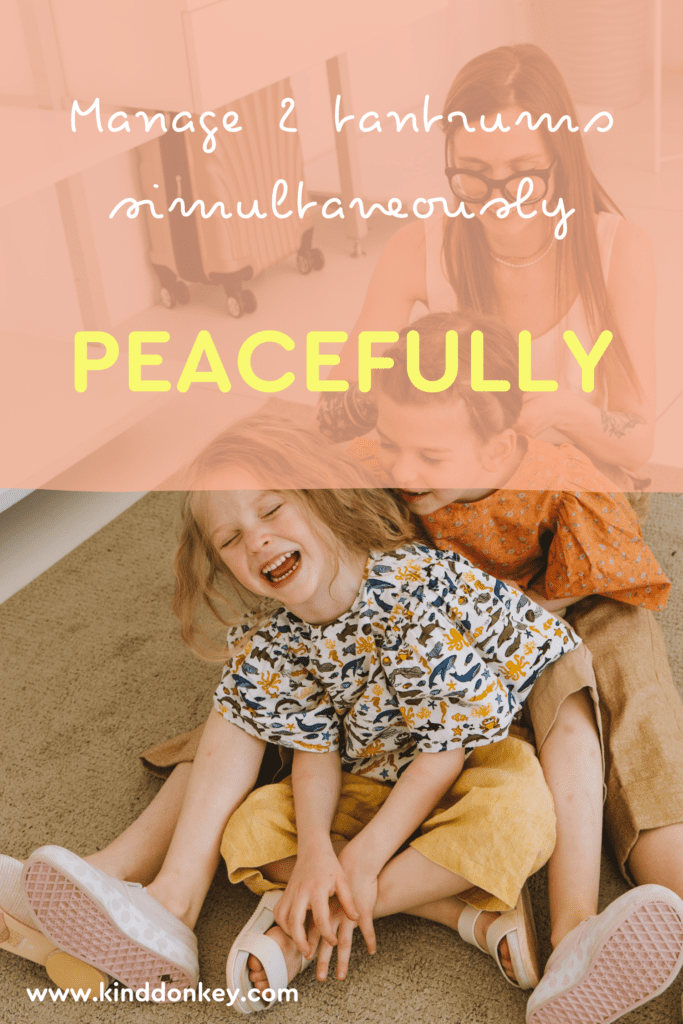
All parents of young children have to manage tantrums. All parents of more than one child need to know how to manage two kids having tantrums at the same time.
If you don’t know this already, and you probably do, I’m sorry to tell you that usually, tantrums come together. It starts with one child being upset, then the others follow, and if you are lucky, the parents can stay calm. If not, everyone enters the chaos.
But our job as parents is to keep the calm when our kids are upset, to not make it worse. It is some work, and I have some tips.
Ideally, we should treat tantrums one at a time. Tantrums are already stressful for us parents, and it probably isn’t the best for our kids to experience the explosiveness of a tantrum that another kid is having.
I remember when my oldest had a hard time and had a couple of tantrums in front of the baby on the same day. He was terrified. He thought his brother was seriously hurt, that there was some kind of threat that he couldn’t see.
Even more, I remember the first time my oldest had a tantrum. It was absolutely out of nowhere. I had no idea where that came from. And at first, I thought he was physically hurting. I even undressed him to check if there was something wrong with him that I wasn’t able to see.
Prevent your kids from having tantrums at the same time

First of all, we all tend to have extreme emotional responses when we are in a bad mood. There are a few things that will make your child be grumpy:
- They’re hungry.
- They’re tired.
- They feel lonely.
- They’re bored.
- They’re overstimulated.
Tantrums are a normal reaction to big feelings, and they happen to almost every kid until they learn how to cope with their own emotions in a healthy and controlled way.
Talking with kids about feelings is the most important thing that you can do to avoid having to deal with tantrums all the time. When tantrums do happen, and they will, try to deal with them in the most peaceful way possible.
But what about the specific times when you have two kids having tantrums at the same time in your hands? Most of the times I have had to deal with two kids having two tantrums simultaneously, it has been because of a conflict between siblings.
It is absolutely inevitable, siblings will have conflicts, but you can prevent a lot of them.
Learn what makes your children get hyperexcited, hyperfocused, hyper-anything. If that is happening, keep a close eye on their interaction.
Try to minimize sibling rivalry and help them have a beautiful sibling relationship. The more they love each other, and the less they feel threatened by each other, the easier it will be for them to solve problems with empathy.
The more loved they feel, the easier it will be for them to love each other.
Teach them about body boundaries, personal space, and consent
Talk about body boundaries, personal space, and consent. Play games and read books about the subject.
When they are calm, discuss possible conflicts and how to deal with them kindly.
You can playfully act out the situations that usually create conflict, for example when one of them wants to boss around while they play, or when one wants to join the other one’s play.
Teach them to say “Stop, I don’t like that”, “I will give it to you when I finish”, “Can I play with you?”, “Are you done with this?”.
When they are mad, they can say made-up words instead of bad words, walk backward, join hands and be silly. Any funny habit that they both recognize and make them giggle when a situation is getting tense is fantastic.
Supervise their interactions until they know how to handle conflicts
Supervise all situations where they have to share space or toys until you are sure that they can manage them by themselves. In the meantime, be a mediator, not a judge. Help them find ways to solve their problem, but don’t solve it for them.
Let them be active and roughhouse
Physical activities and roughhousing help them externalize their feelings of frustration, anger, and competition without hurting each other.
Let them express themselves physically with you and with the environment, not with each other.
They should be able to run, jump, giggle and be silly daily.
Be physically present
Luckily, you have two arms and two ears. Tell them that. Hold them both and let them know that you see that they are both hurting and you are there to help everyone feel better.
Sometimes, we decide which one of our kids needs or deserves our help, and we go to them first while the other one cries. That is ok in a situation when one of them is really hurt and the other is just whining.
But in other circumstances, it’s good to remember that what they are feeling is the most important thing in the world for them. They are not selfish for feeling that way. They are kids that need help regulating their emotions.
The older one is a kid too, and even if you know she is perfectly capable of managing their feelings by herself, it doesn’t mean that she can do it all the time. She needs you now.
If you can, find a quiet place where you can be with both. If you are like me and can’t stand having people looking at you, it’s ok to move the conflict to a private place where you can be your best self.
Offer the helper role to the least upset one
Sometimes one child is upset and the other gets upset just because they are mirroring their sibling’s emotions. Or because the crying and back and forth with the parent stresses them out.
I have found that in that situation if one takes the role of making the other feel better, it benefits everyone.
The “helper” feels in charge and maybe forgets what they were upset about. The parent still needs to pay attention to both kids, but not in a way that they could see as competition. The one being taken care of feels loved and heard by everyone in the family, and is more likely to collaborate and receive the help gladly.
This can not be forced, of course. And the helper role shouldn’t go automatically to the older one, calmer, or neurotypical. The helper is not responsible to make the other one feel better. They just might want to help, with some encouragement from us. And making someone feel better makes us feel better, so everyone wins.
I see you are both upset. What happened? A was invading your space? He wanted to play with your things. Yeah, this construction looked really cool, and he destroyed it. You reacted harshly, and now your brother is scared. And you still look mad. Will you help me calm him down and then we can explain to him that you didn’t like it when he destroyed your construction?
Distract them

Kids need to externalize their feelings. They need to cry.
Remember this is normal and healthy. Expressing emotions isn’t bad, repressing them is. Crying is always OK.
However, when two kids are having a tantrum at the same time, it could possibly be a competition for your attention. Maybe it wasn’t at the beginning, but it could easily become that.
If they are competing for your attention, the last thing you want to do is give attention to the loudest one.
If you think that is the case, you can distract them with something that you know both are going to love. Call to the rational part of their brain while being there for both of them.
For example, if they adore playing with LEGO, casually put some in front of them and play with them yourselves.
At some point, they will engage with the toys. They will still be upset. They still need to talk about their feelings.
Now you can help them handle their emotions, be there for the two of them and teach them a lesson of empathy so that this bad moment brings something good in the future.
Talk about it
Talking about feelings is the best thing you can do for their emotional health.
In a situation when two kids are having big feelings at the same time, you need to talk about those feelings at the same time.
Remember to not be a judge, just listen, encourage them to talk and show all the love that you have for them.
What NOT to do when two kids are having tantrums at the same time
Deciding which one deserves priority may make it easier for you and for them at this exact moment, but it will create a feeling of resentment from the one that wasn’t heard. To you and to their sibling. It can damage their relationship and make it worse the next time they have a conflict.
If you don’t have the emotional energy to help them both at the same time kindly, by all means, do it separately. But don’t make it a usual occurrence or their relationship will suffer.
Discounting their feelings will have the same effect. However silly their feelings may seem to you, they are having a really hard time with them right now.
Remember that they need you the most now. When they are happy and obedient is when we usually feel like giving them all the love and encouragement. But it’s when we don’t like their behavior that we should pour our love into them.

How do you do it? Do you manage to care for two children with big feelings simultaneously?
This post may have some affiliate links. This means if you click on the link and purchase the item, I will receive a commission at no extra cost to you. All opinions are my own.